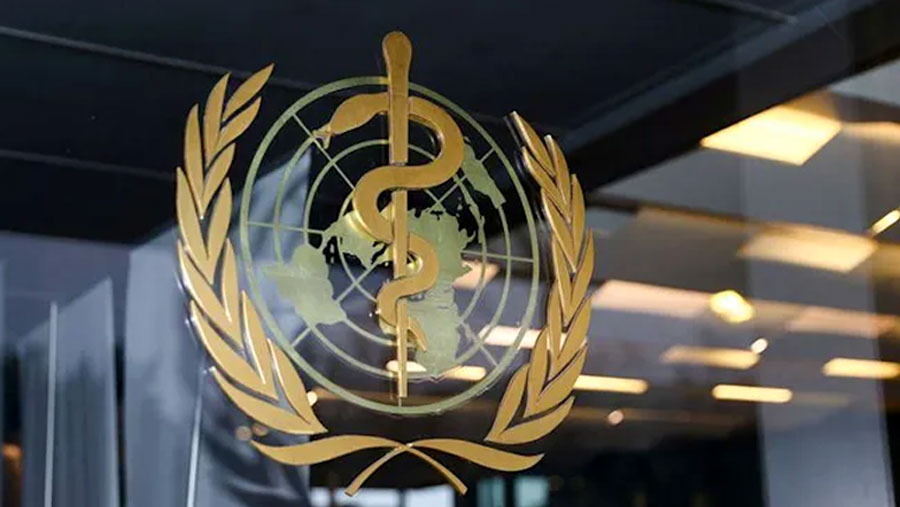


The coronavirus pandemic is “nowhere near over”, the World Health Organization’s chief has warned, citing new waves around the world and voicing concern the virus is “running freely”.
Tedros Adhanom Ghebreyesus said he was worried that case numbers were continuing to rise and “putting further pressure on stretched health systems and health workers”.
“As the virus pushes at us, we must push back. We’re in a much better position than at the beginning of the pandemic,” he told a news conference in Geneva on Tuesday (Jul 12).
“Of course, there’s been a lot of progress. We have safe and effective tools that prevent infections, hospitalisations and deaths. However, we should not take them for granted.”
Amid increasing Covid transmission and rising hospitalisations, Tedros urged governments to “deploy tried and tested measures like masking, improved ventilation and test and treat protocols”.
The WHO’s emergency committee on the pandemic met on Friday via video conference and determined the pandemic remains a Public Health Emergency of International Concern, the highest alarm the WHO can sound.
The UN health agency first declared the alert for Covid on Jan 30, 2020 – a determination that can help accelerate research, funding and international public health measures to contain a disease.
Meanwhile, WHO emergencies director Michael Ryan told the meeting global Covid cases reported to the WHO increased by 30 percent in the last two weeks, largely driven by Omicron sub-variants BA.4, BA.5 and the lifting of public health and social measures.
Ryan said recent changes in testing policies were hindering the detection of cases and the monitoring of virus evolution.
The committee stressed the need to reduce transmission of the virus as the implications of a pandemic caused by a new respiratory virus would not be fully understood, the WHO said in a statement Monday.
The group voiced concern over steep reductions in testing, resulting in reduced surveillance and genomic sequencing.
“This impedes assessments of currently circulating and emerging variants of the virus,” the WHO said, feeding the inability to interpret trends in transmission.
The committee said the trajectory of virus evolution and the characteristics of emerging variants remained “uncertain and unpredictable”, with the absence of measures to reduce transmission increasing the likelihood of “new, fitter variants emerging, with different degrees of virulence, transmissibility, and immune escape potential”.
Second boosters in Europe
Separately on Tuesday, the WHO’s European office recommended a second booster shot of a Covid vaccine for older people and vulnerable groups, amid rising infections.
The call followed the EU’s health and medicine agencies recommendation on Monday of a second booster shot for people over 60 years old.
“The updated interim recommendations on vaccination strategy come as cases continue to rise across the European Region,” Hans Kluge, WHO regional director for Europe, said in a statement.
Given the rise of infections, the health body backed “a second booster dose to moderately and severely immuno-compromised individuals aged five years and above and their close contacts”.
(Compiled)